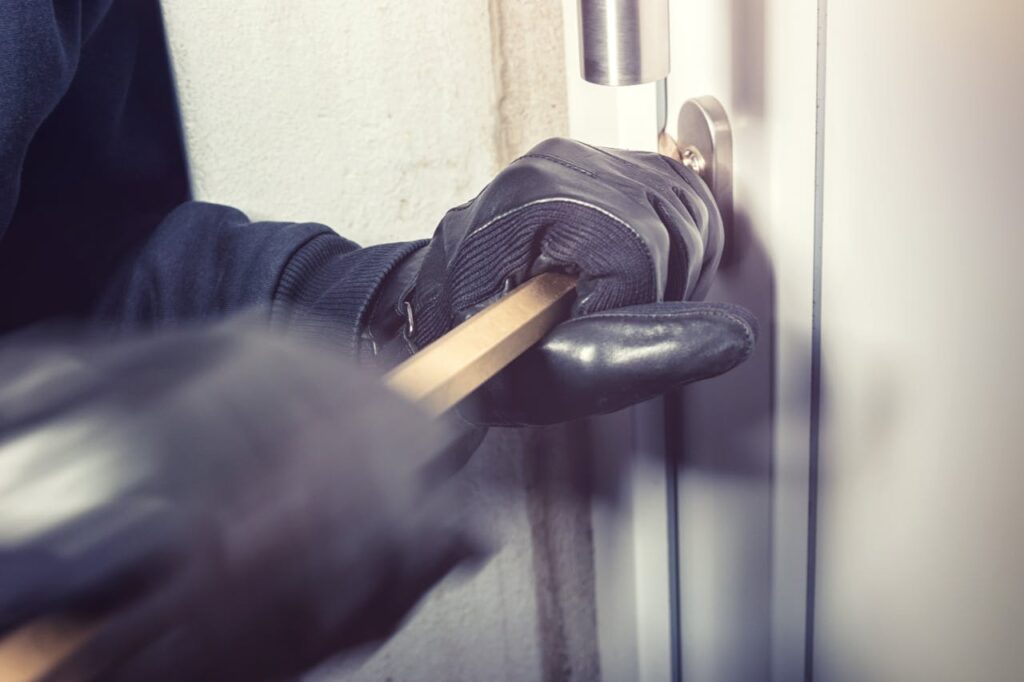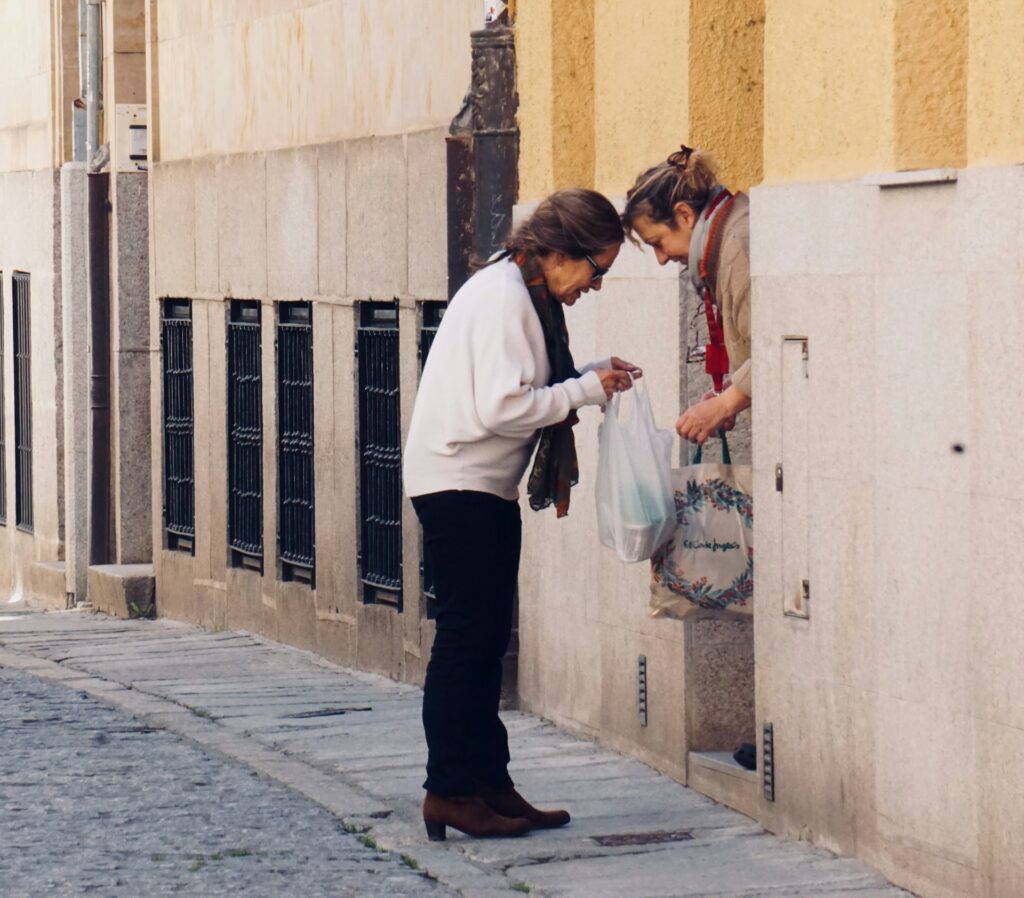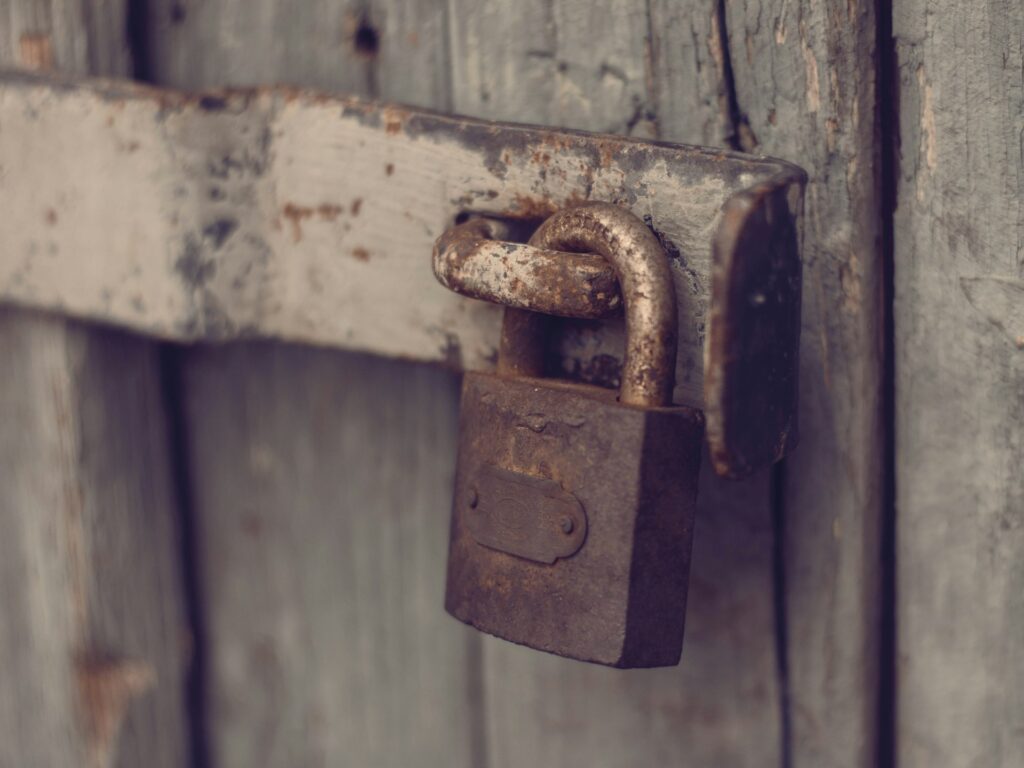Whether you have a home, cabin or business, a break-in can permanently shatter your feeling of security. According to FBI statistics, a house is burglarized once every 15 seconds. For businesses, insurance usually won’t cover the disruption caused when a break-in results in lost business and wages. Here are some security tips to remember.
Fortunately, burglary is one of the most preventable of crimes. By taking a few simple precautions, you can dramatically reduce the risks. Of course, every property and every situation is different, and there are no guarantees; but there are things you can do to tip the scale in your favor.
The first step is to determine what kind of threat you are trying to protect against. For example, defending against personal threats, such as assault, requires a different system design than defending against burglary and intrusion. Most home burglars do not give much thought to planning the job and assessing the rewards vs. dangers, but understanding how they choose a target can go a long way in reducing your chances of having a break-in.

Most burglars look for:
Something worth stealing, outbuildings are becoming an increasing target.
Easy access combined with low visibility.
A home or business that is unoccupied.
Residential burglaries occur during the day because homes tend to be vacant more often.
How to prevent break-ins:
Fool burglars by making your property look occupied all the time.
Use automatic timers on lights when away from your home or property.
Park your car in the garage, close the garage door and close curtains or blinds on garage windows to hide your belongings.
Place radios on automatic timers and raise the volume so they can be heard outside.
Lower the sound of your telephone ringer and answering machine so that they can’t be heard outside.
Never leave notes on your door that can tip off burglars.
When away for more than a day.
If possible, have your telephone calls forwarded when you are away from home. Burglars sometimes check to see if someone is home by making a telephone call.
Have a trusted neighbor pick up the mail and newspaper. If possible, do not have either stopped. That gives information about you being away from home to others whom you do not know.
If away for an extended period, have a plan in place to have the grass mowed or snow shoveled.
If you are away from home on garbage pickup day, ask a trusted neighbor to put your garbage cans out to the street and take them back in. You may wish to have your neighbor use your garbage cans while you are out. Burglars sometimes check for empty cans as a sign the owner is away.
There are systems available that will open and close window draperies by a timer. Constantly open or closed curtains can tip the burglar off that no one is home.
Even if you don’t need specific help, always tell a trusted neighbor if you are going to be gone for a few days.
If you are going to be gone for an extended period, ask your local police to check your home periodically.
In short, make your house look the same whether you are away or at home.
Eliminate hiding places
Make sure there is good lighting around the place where you park.
Install motion detector lights around your house instead of just leaving lights on at night. The lights coming on and turning off attract the attention of neighbors. Install these lights at least 8 feet above the ground so they are more difficult to disable.
Install the motion detector lights so they light all doors and windows. Doors, since they are the preferred entry point, should be the first priority to illuminate, followed by windows.
Remove bushes and shrubs from around the house, especially under windows and next to doors. Keep your yard free of overgrowth.
If you DO have shrubs and bushes, select ones with thorns to deter potential intruders from hiding in them. Use common sense caution.
Always lock all doors and windows when you leave the house.
Use a peephole to identify visitors before opening your door.
Do not hide a spare key outside your home or cabin; instead give one to a trusted neighbor.
Do not invite strangers into your home.
Do not have money or jewelry lying out in view from a window. If possible, keep jewelry and other small valuables and important documents in a safe deposit box.
Do not tell strangers your daily routines.
If you are at home working outside, leave all other doors that are out of sight locked.
Avoid telling others about the valuables in your home.
If you have children, discuss home security with them, such as not talking with strangers about their home, its contents or family schedules.
Make your home a harder target
Did you know, the average burglar will spend no more than four to five minutes trying to break into a residence?
When moving into a new residence, have the locks changed.
Consult a good locksmith to make sure you have the correct types of locks on your doors and windows.
Secure your exterior doors and any doors from attached garages by installing:
Good quality deadbolt door locks
Security-type door strikes
Strong, properly installed doors and doorframes that cannot be spread apart
Security-type hinges
Secure your windows by installing additional locks and installing impact-resistant glass on any windows within 42″
Prune lower branches of trees near your house if they could help a burglar gain access to a second story window.
Secure your patio door with a pin-type lock, a key lock, or a steel rod inserted into the door channel.
Secure your garage by installing automatic openers or bolt-type locks on each end of the garage doors.
Take time to become knowledgeable about your situation and your options so that you can best decide what to do. And remember, you can also ask your local police department for advice.
Inventory and mark your belongings
Mark your belongings with an engraving pen so that they can be traced and returned to you if stolen. These pens are usually available at your local police station. Ask your police department what numbers to use when marking your belongings. Never mark them with your social security number.

Be a good neighbor
Organize a cookout or neighborhood get together so neighbors can get to know one another.
Organize or participate in a Neighborhood Watch program.
Arrange for a local police officer to complete a security survey, or educate your neighborhood about specific safety concerns.
If you are an apartment dweller, notify management if you notice burned out light bulbs, dark corridors, broken locks on mailboxes and doors and/or safety concerns.
Call the police immediately if you see suspicious activity in your neighborhood.






